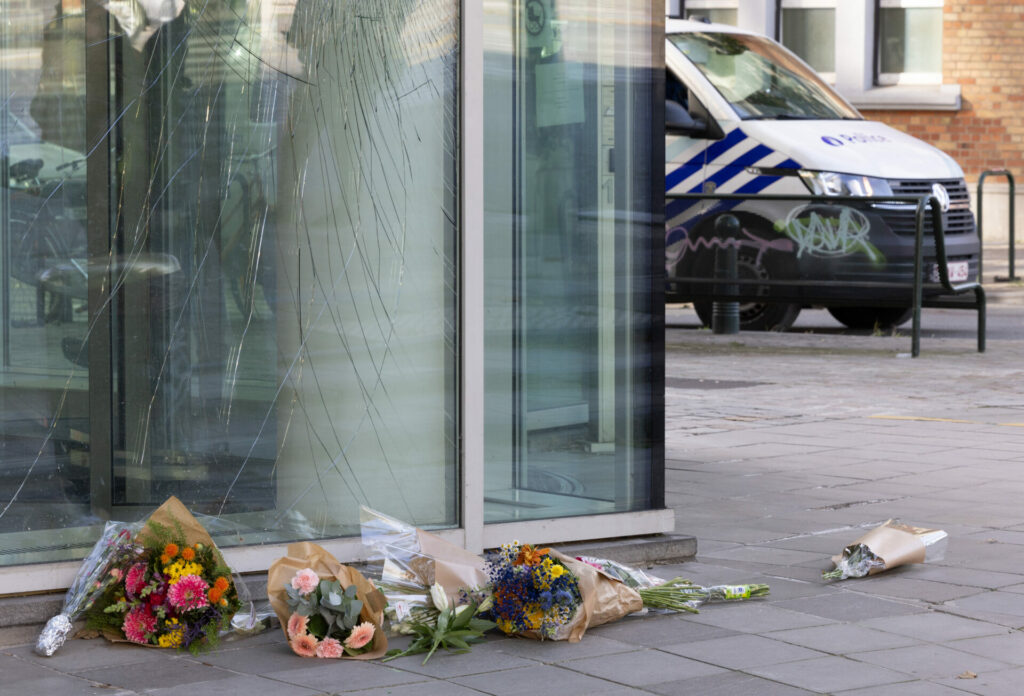Belgian Prime Minister Alexander De Croo announced on Tuesday evening that the security level in Brussels has been lowered to 3, down from 4.
Following a National Security Council meeting, the threat level has dropped to three in Brussels, which now means it is at the same level as the rest of the country, the National Crisis Centre announced. In the aftermath of Monday's terror attack, the general threat level was raised to 4 – the highest level – in Brussels and to 3 in the rest of Belgium.
The Threat Analysis Coordination Body (OCAM) carried out a new threat analysis on Tuesday after the alleged perpetrator of the terrorist attack was killed on Tuesday morning. As a result, it decided to downgrade the threat level in the Brussels-Capital Region from 4 ("very serious and imminent") to 3 ("serious"), Prime Minister Alexander De Croo told a press conference of the National Security Council.
"The suspect of last night's attack in Brussels was neutralised this morning by the police. A judicial investigation is now underway and several investigation measures have been taken or are being taken," a statement read.
'Lone wolf' theory
Justice Minister Vincent Van Quickenborne stressed during the press conference that the Council does not believe the perpetrator was cooperating with others during the attack. The investigation was leading them more towards a lone wolf theory rather than an organised network.
He added that, according to their sources, Swedish fans were most likely targeted due to the Quran-burning – inflammatory incidents which took place on several occasions over the summer in Sweden. These were also referenced in a video made by the perpetrator after the attack.

Meeting of the National Security Council regarding Monday's terrorist attack. Credit: Belga / Dirk Waem
In response to the revelation that the suspect had previously had his asylum application to Belgium denied, De Croo said that orders to leave the territory must become more binding. The Prime Minister acknowledged that the countries of origin will also have to cooperate in this complicated process, which will require a coordinated effort with other EU countries.
The perpetrator of Monday night's attack in Schaerbeek had been residing irregularly in Belgium since October 2020. However, the order to leave the territory could not be delivered to the Tunisian perpetrator, according to State Secretary for Asylum and Migration Nicole de Moor.
Related News
- Brussels terror attack: What do we know so far?
- 'We cannot confirm perpetrator acted alone': Interior Minister on Brussels terror attack
- Two dead after terror attack in central Brussels, suspect on the run
"On the basis of the latest information and intelligence it has received from its partner services, CUTA considers that there is no longer any imminent threat in this case," the National Crisis Centre announced after the meeting.
Prime Minister Alexander De Croo announced a meeting of the National Security Council on Tuesday to assess the current level of the threat and assess the general situation of security in Belgium. Furthermore, the Council asked itself whether any systemic mistakes may have been made by the services concerned.

